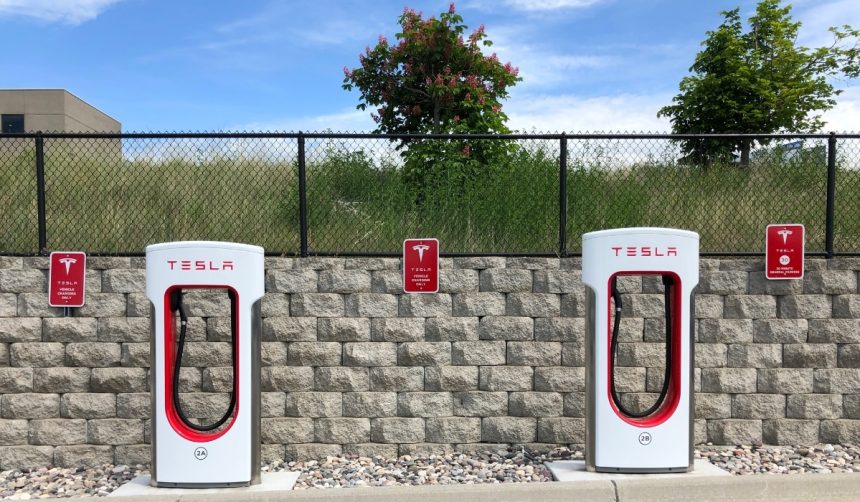A landmark legal case has emerged as a Tesla owner takes action against Rafael Hernandez for vandalizing his Model X. Captured by Tesla’s Sentry Mode, the incident marks the first lawsuit of its kind aimed at deterring such attacks. This case highlights the growing tensions surrounding Tesla ownership and the broader implications for vehicle security and brand reputation.
Past reports have documented instances of vandalism against Tesla vehicles, but this lawsuit signifies a potential shift towards legal recourse as a measure to combat ongoing threats. Unlike previous responses that relied solely on law enforcement, Tesla owners are now considering civil actions to protect their properties and assert their rights.
What Motivates the Increase in Tesla Vandalism?
The surge in vandalism appears to be fueled by political and social tensions linked to high-profile figures like Elon Musk and President Donald Trump. Perpetrators may perceive Tesla owners as symbols of opposing ideologies, leading to destructive actions as a form of protest.
How Does the Lawsuit Aim to Prevent Future Attacks?
The lawsuit seeks $1 million in damages, setting a precedent that could deter potential vandals by highlighting the legal and financial consequences of such actions.
“Damage my car, you will find yourself in a lawsuit,”
a statement from Tesla representatives underscores the company’s commitment to safeguarding its vehicles and supporting its customers.
What Are the Broader Implications for Vehicle Security?
This case may encourage other vehicle owners to use advanced security features like Sentry Mode and pursue legal action if their properties are targeted. It also raises questions about the balance between technology-assisted security and personal responsibility in preventing and responding to crimes.
The ongoing legal efforts by Tesla could lead to a decline in acts of vandalism as potential offenders reconsider the risks involved. By taking a firm stance, Tesla is not only protecting its brand but also advocating for the rights of all vehicle owners to enjoy their property without fear of political or ideological retribution.
Ultimately, this lawsuit represents a significant step towards addressing and mitigating the threats faced by Tesla owners. It emphasizes the importance of legal mechanisms in maintaining public safety and upholding the principles of respect and non-violence in expressing dissent.
Adopting proactive legal strategies could serve as a model for other companies and individuals facing similar challenges, fostering a safer and more respectful environment for all stakeholders involved.
This legal action not only aims to protect Tesla owners but also to set a standard for addressing politically motivated vandalism through the judicial system. As the case progresses, it may influence how such incidents are handled nationwide, promoting greater accountability and reducing the incidence of property crimes linked to ideological conflicts.










